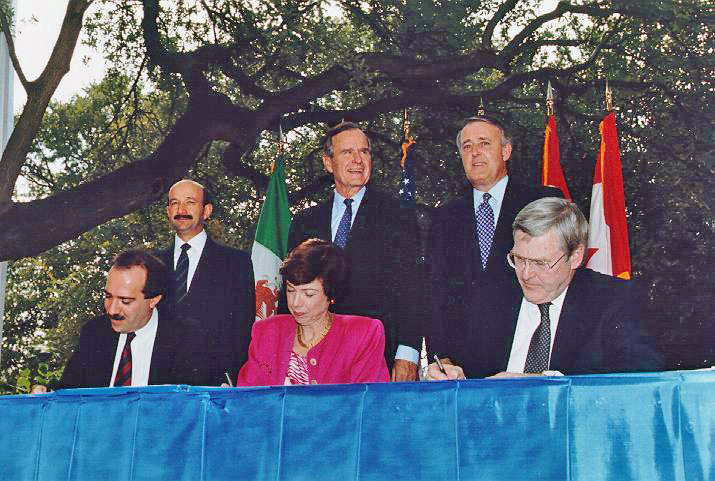Recently in Massachusetts, a group of some 1,500 women went on strike. Protesting exploitatively long workdays and unsafe working conditions, they formed an independent union. After pressuring local authorities, they laid the groundwork for future successes: shorter workdays, improved conditions and wage raises.
If that sounds to you like it wasn’t all that “recently,” you’d be correct. The above transpired in the Lowell textile mills in 1836. One of the first victories for organized labor in the United States, the “Lowell girls” strike set a precedent for the major labor reforms of the late 1800s and early 1900s.
Recently in Ciudad Juarez, Mexico, hundreds of workers went on strike. Protesting exploitatively long workdays and unsafe working conditions, as well as unfair wages, the Mexican employees of American printer manufacturer Lexmark tried to form an independent union. After several days of pressuring the corporation, about 120 workers were terminated. Wages remained the same.
The bilateral trade agreement between Mexico and the United States as part of the North American Free Trade Agreement is worth in excess of half a trillion dollars each year. American companies are increasingly turning away from Asia and instead using NAFTA provisions to establish manufacturing bases in Mexico. Workers say conditions haven’t improved in the past 20 years. There are no independent labor unions in Juarez.
The exploitative nature of multinational corporations in Latin America has written a dire history for the poor laborer. The flower industry in Colombia, the soy plantations in Paraguay and of course industrial manufacturing in Mexico would all have Marx rolling in his grave. What is it about Latin America that permits manufacturing conditions straight out of the 1800s?
Ultimately, NAFTA has a large hand in the situation. It permits tariff-free raw good imports and easy export of finished products. Modern infrastructure and transportation make the whole of Mexico available for manufacturing plants. Local governments compete to draw in multinationals — like Lexmark — with the intent of bringing in foreign dollars. Competition exerts downward pressure on wages for workers, and dubious industrial safety measures have many laborers calling for reform. These complaints fall on deaf ears; compounding the problem is a large cultural (and legal) pressure against unionizing. In Colombia, trade union leaders have often been targeted for paramilitary assassination — more than 2,800 since 1986.
Exploitation is the name of the game, and it allows Lexmark and similar American giants to turn huge profit margins with low overhead costs. In the 1830s, organized labor in America won a huge victory over a similarly abusive system. Almost 200 years later, Mexican workers cannot achieve the same.
In February, Pope Francis is visiting Ciudad Juarez. Perhaps some old-fashioned Catholic guilt will push for change.
Jack Siglin is a junior physiology and neurobiology major. He can be reached at jsiglindbk@gmail.com.



